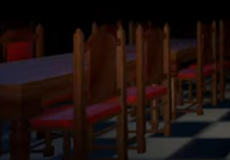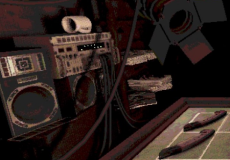
Smash or Pass Quiz
Advertisement
Smash Or Pass Quiz is a decision-based game that tests reactions rather than skill. The premise is simple: the player is shown a series of characters, people, or fictional figures and must choose between two options—smash or pass. The interaction repeats across multiple rounds, with each decision contributing to a record of the player’s preferences. The design emphasizes curiosity and spontaneity, turning simple choices into a sequence of personality-driven outcomes.
Advertisement
Similiar games
Smash Or Pass Quiz is a decision-based game that tests reactions rather than skill. The premise is simple: the player is shown a series of characters, people, or fictional figures and must choose between two options—smash or pass. The interaction repeats across multiple rounds, with each decision contributing to a record of the player’s preferences. The design emphasizes curiosity and spontaneity, turning simple choices into a sequence of personality-driven outcomes.
Gameplay And Structure
The main gameplay loop of Smash Or Pass Quiz revolves around presentation and response. The player is given one image or character at a time, then prompted to make a quick decision. There are no scores, timers, or complex systems. The purpose is to observe instinctive reactions and compare results with others.
Core elements of the experience include:
- A list of random or themed characters generated by the quiz system.
- Two options: “Smash” for interest or approval, and “Pass” for disinterest.
- An ongoing counter or summary at the end of the session.
- The ability to replay with new sets of characters for variation.
This simplicity keeps interaction fast and repetitive, which forms the main rhythm of play.
Variations And Themes
While the mechanics stay consistent, Smash Or Pass Quiz often changes themes depending on version or community input. Some quizzes use fictional characters from games or movies, others use celebrities or user-generated avatars. The structure allows customization: creators can add characters, rearrange the order, or limit the pool to specific topics. The quiz format also adapts well to social platforms, where participants share outcomes and compare reactions. These adaptations make the game less about accuracy and more about engagement.
Interpretation And Social Element
The popularity of Smash Or Pass Quiz comes from its simplicity and shareability. It functions as both entertainment and light self-reflection. When players make choices, they reveal preferences, humor, or curiosity. The quiz’s repetitive nature encourages participation rather than mastery. It reflects how digital audiences interact with short-form content—fast, reactive, and easily shareable. The lack of definitive scoring turns it into a conversation piece rather than a competition.
Discuss Smash or Pass Quiz


















